City councils in solidarity with the Sahrawi people call for a democratic solution for Western Sahara
Coordinadora Catalana d’Ajuntaments Solidaris amb el Poble Sahrauí (CCASPS) denounces the relationship between Spain and Morocco in the management of the conflict in Western Sahara.
The CCASPS, which gathers Catalan municipalities in solidarity with the Sahrawi people, has issued a statement denouncing that the diplomatic conflict between Spain and Morocco has served as a context to deepen the violations of the rights of migrants and refugees and hasn't approached the resolution of the conflict that the population of Western Sahara has been suffering from for decades.
Three months ago, last May, diplomatic relations between Spain and Morocco experienced an escalation of tension that led to a serious humanitarian crisis in Ceuta, with nearly 12,000 people crossing into Spanish territory in the face of the passivity of the Moroccan authorities.
The hospitalization "for strictly humanitarian reasons" in La Rioja of Brahim Gali, president of the Sahrawi Arab Democratic Republic (SADR) and leader of the Polisario Front, admitted by Spain, sparked and irritated Morocco, which responded by opening the border to Ceuta and allowing thousands of people to enter Spanish territory.
All of this provoked a series of shocking images, with thousands of people, entire families and children risking their lives to cross the border, in the face of inaction by Moroccan security forces. The area experienced an unprecedented migration crisis and further escalated the diplomatic pulse between the two countries.
Spain was quick to deploy the army and militarize the border to curb the wave of migration to the enclave, where many entities denounced serious violations of human rights, such as the thousands of hot returns without any legal basis that occurred in those days.
Today, it's estimated that some 2,000 migrants, many of them minors, are still trapped in Ceuta and live on the streets, with no alternative, in a city that is still suffering from a collapse resulting from the May border crisis.
However, the diplomatic conflict between the Spanish and Moroccan states has diminished in intensity, but it's still active because it was falsely closed. At the heart of the matter is, once again, the situation in Western Sahara. At the time, Morocco warned that the crisis with Spain went beyond the hospitalization of Gali and was related to the occupation of the Sahara, the last territory to be decolonized in Africa.
CCASPS calls for international observation and a referendum
Faced with this situation, the Coordinadora Catalana d’Ajuntaments Solidaris amb el Poble Sahrauí (Catalan Coordinator of Solidarity Town Councils with the Sahrawi People in english) has issued a statement denouncing that, once again, this diplomatic struggle has been used "for the violation of the rights of migrants and refugees for the benefit" of both sides of the conflict and "the situation of occupation and exile of the Sahrawi people has once again become invisible".
The Coordinator, founded in 1996, has been working for more than two decades to accompany and support the Sahrawi people in the process of regaining their freedom through a referendum on self-determination and ending the conflict. His work highlights the commitment and connection of Catalan councils with the Sahrawi cause.
The CCASPS statement emphasizes that Spain and Morocco do agree in terms about border management in exchange for economic and trade policies. As an example, the organisations explains that in the last five years Spain has sold arms to Morocco worth 92.5 million euros, about 12.5 during 2020.
Thus, the Coordinator expresses her concern for the "abandonment of the Sahrawi people" and calls for a peaceful and democratic solution to be sought, once and for all, for Western Sahara.
For all this, the organization denounces the sale of weapons from Spain to Morocco, especially harmful to the escalating situation of the armed conflict in Guerguerat, a border town in the southern tip of Western Sahara, following the violations of the 1991 ceasefire agreements by the Kingdom of Morocco.
At the same time, the CCASPS focuses on the use of border outsourcing and migration policies as a counterpart to economic and trade policies that violate the rights of migrants and refugees and alleviate the impoverishment of the Sahrawi people and the illegal plunder of its natural resources.
However, the Coordinator considers the establishment of a mechanism for the observation and protection of the human rights of the Sahrawi population by the United Nations Mission for the Referendum in Western Sahara (MINURSO) to be urgent. It therefore calls on the administrations, local governments, the Government of Catalonia and Spain, the European institutions and the United Nations to be active agents in promoting their inclusion, as well as to ensure that the peaceful spirit is preserved. demilitarized and democratic in the resolution of the Sahara conflict.
The organization also calls on the United Nations to fill the post of Special Envoy for Western Sahara, vacant since 2019, to address and lead the way to a referendum on self-determination, which, they recall, provides for the UN Security Council Resolution 690 dated 1991.
Finally, the CCASPS urges the UN and all parties to the conflict to become actively involved in ensuring the security and integrity of the Sahrawi people and to seek a solution to the conflict that complies with the resolutions issued and international law. He also called on the Moroccan government and the Polisario Front to move forward with the peace process that is to culminate in the Sahrawi people’s self-determination referendum.
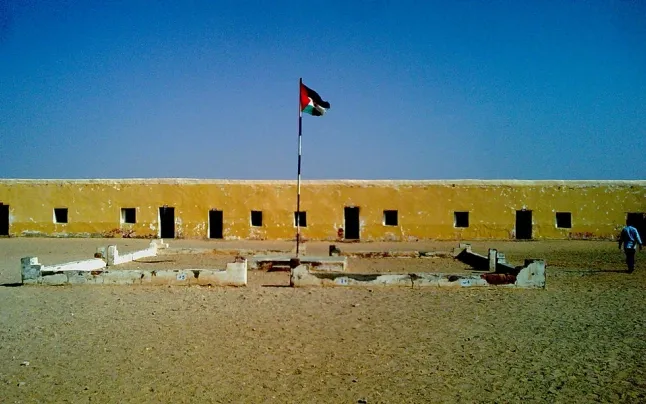
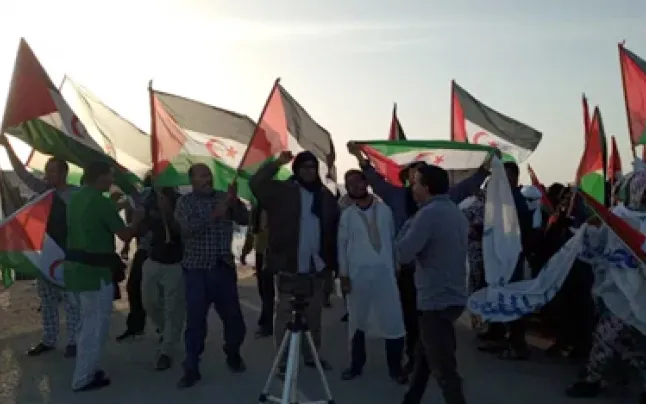
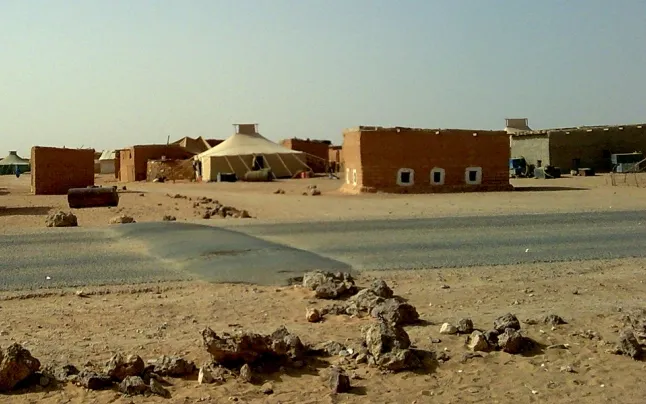


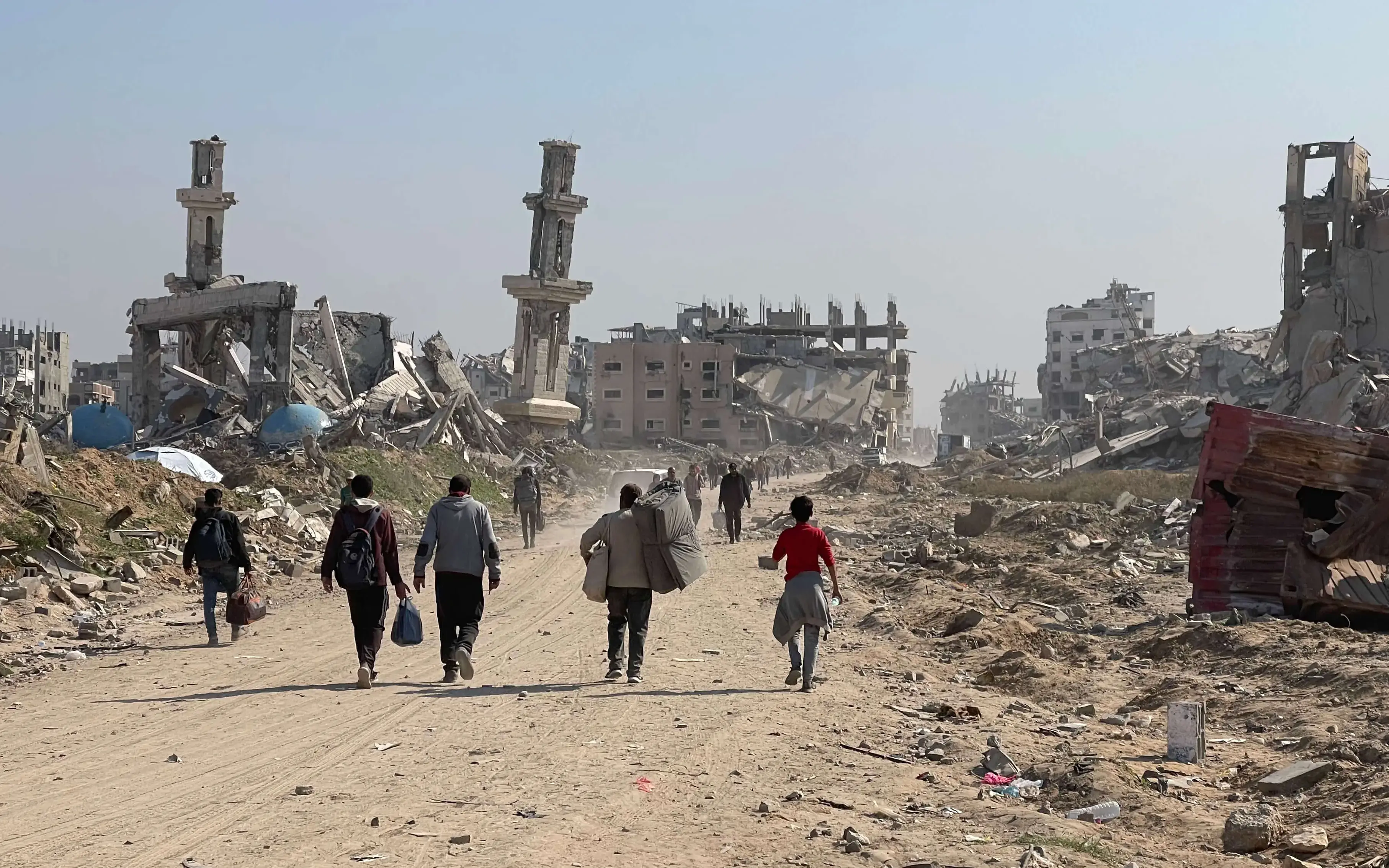
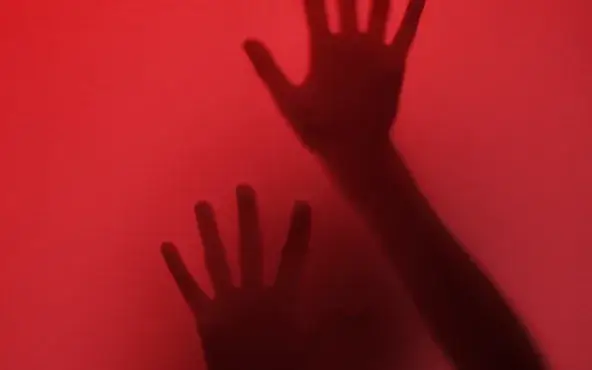

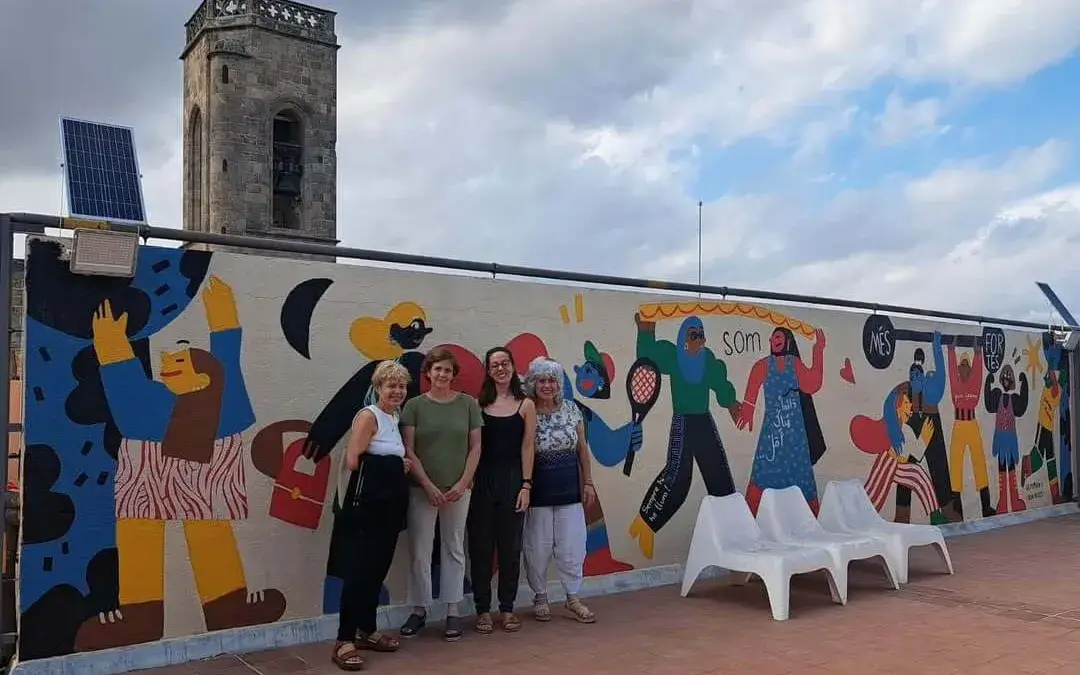
Add new comment